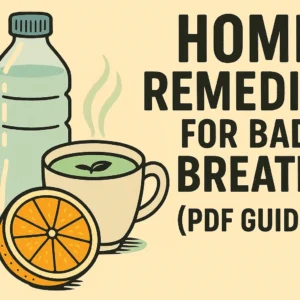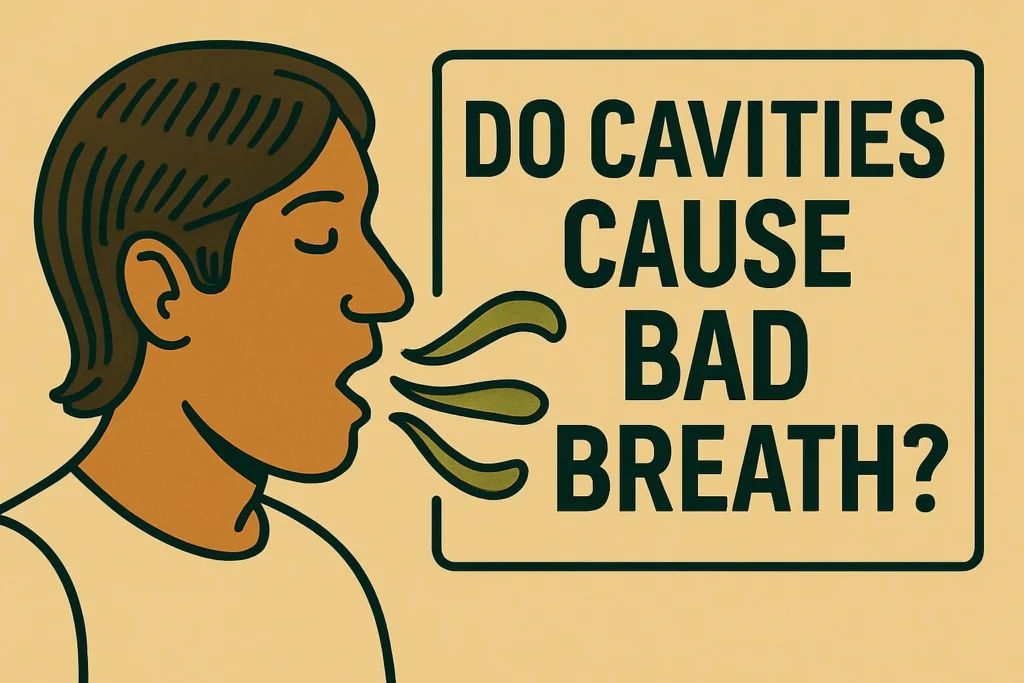Can cavities really cause bad breath?
Bad breath, medically known as halitosis, is a common concern that affects people of all ages. While it can be caused by a variety of factors such as poor oral hygiene, certain foods and medical conditions, one often-overlooked culprit is cavities. But can cavities really cause bad breath? The short answer is: Yes.
Let’s explore how cavities contribute to foul-smelling breath and what you can do about it.
What Are Cavities?
Cavities, also known as dental caries or tooth decay, are permanently damaged areas in the hard surface of your teeth. They develop into tiny holes or openings due to the buildup of plaque, a sticky film of bacteria that forms on your teeth after consuming sugary or starchy foods. When left untreated, cavities can penetrate deeper into the tooth, reaching the inner layers and even the nerve.
How Cavities Lead to Bad Breath
Cavities create small holes or pockets where bacteria can accumulate. These bacteria produce sulfur compounds and other foul-smelling byproducts as they break down food particles and sugars in the mouth. Here’s how the process works:
- Bacterial buildup: The cavity provides a perfect hiding spot for bacteria, making it difficult to clean properly with regular brushing or flossing.
- Tooth decay and infection: As the cavity deepens, it can lead to tooth pulp infection or abscesses. These infections emit a particularly unpleasant odor.
- Food particles trapped: Food can get stuck in the cavity, where it decomposes and contributes to bad breath.
In essence, cavities act like tiny compost bins in your mouth: harboring bacteria and decaying food particles that give off a foul smell.
How to Prevent Bad Breath from Cavities
The good news is that both cavities and bad breath are largely preventable. Here are some key tips:
- Brush twice a day with fluoride toothpaste.
- Floss daily to remove food particles and plaque between teeth.
- Visit the dentist regularly for cleanings and early cavity detection.
- Limit sugary foods and drinks, which feed cavity-causing bacteria.
- Stay hydrated to promote saliva production.
- Use mouthwash to kill bacteria and freshen breath.
When to See a Dentist
If you notice persistent bad breath that doesn’t improve with good oral hygiene, it’s a sign to visit your dentist. They can identify hidden cavities or infections and provide the appropriate treatment: often a filling, root canal, or in some cases, tooth extraction.


